Natural Ways To Alleviate Period Cramps
Share the post
Share this link via
Or copy link
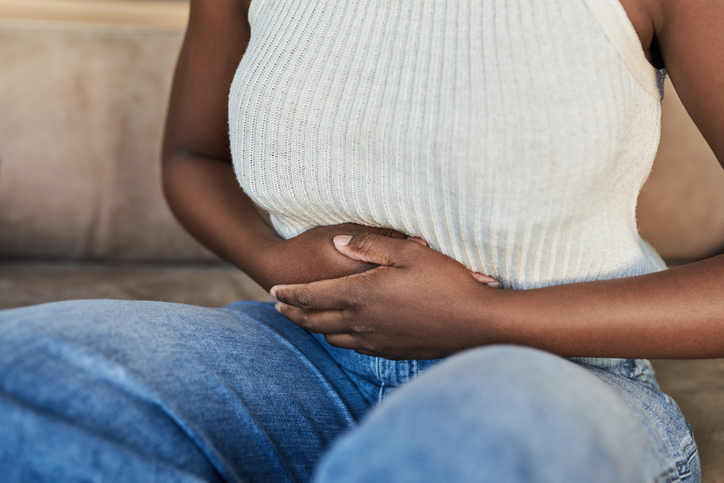
Source: LaylaBird / Getty
The Office On Women’s Health (OWH) reports that as much as 90 percent of women experience some level of premenstrual syndrome, and for some, it’s so bad that it interferes with daily life. Here’s another fun fact: if you’re in your 30s, you may have thought that a lot of the not-so-fun part of being a hormonal woman was over, but that’s around the age when the OWH says women experience the most PMS. There’s some mental comfort in knowing that what you’re going through isn’t out of the ordinary, but it certainly doesn’t relieve the physical discomfort of period cramps. Any woman who experiences cramps knows what a debilitating sensation that can be. Men might think, “Cramps? Like, what I get in my leg after a jog?” They have no idea what it feels like to have your uterus shed its lining.
Love MadameNoire? Get more! Join the MadameNoire Newsletter
We care about your data. See our privacy policy.
While you can turn to over-the-counter pain relievers, you might want to go the more holistic route if you’ve learned of the possible long-term side effects of taking ibuprofen and similar painkillers. The good news is that womankind has a lot of experience in treating this particular ailment. After all, Advil and Midol weren’t always around, so our female ancestors had to be creative, and passed down some of their techniques. Here are natural ways to alleviate period cramps.
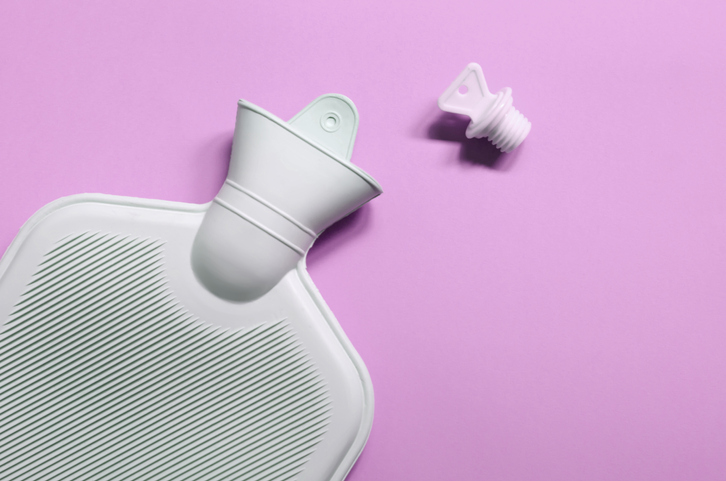
Source: Elizabeth Fernandez / Getty
Add heat
You’ve likely been told to apply a hot compress to muscle pain in the past, and it can be helpful to use on your lower abdomen when you have period cramps. As one gynecologist explains it, the heat distracts other nerve pathways involved in pain. If you don’t have a hot compress, you can fill up a water bottle with hot water (not too hot), or you can soak a towel in hot water, and put that in a plastic bag.

Source: PeopleImages / Getty
Use a TENS device
TENS stands for transcutaneous electrical nerve stimulation. It sounds intimidating, but it’s just a battery-powered device that you place on your skin, near the area of pain, that delivers small electrical pulses. It’s used in the alleviation of many sorts of pains, but has proven to be quite successful in managing period cramps. The idea behind the device is that it blocks certain pain signals – though some experts suggest it also alleviates pain by boosting endorphins. The device typically works through a batch of patches you place on your skin at the pain sites that are connected to a handheld unit, which helps you control the pulses.
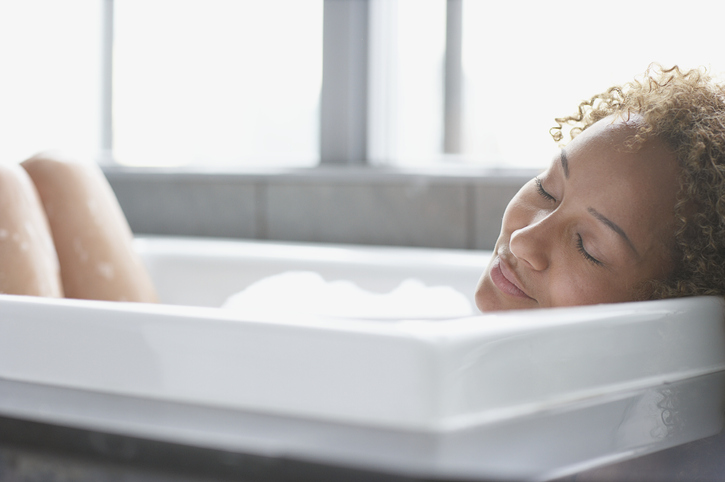
Source: Laura Doss / Getty
Take a hot bath
If you don’t want to hold a hot water bottle in place or you don’t have a TENS setup, you can use the old-fashioned method of soaking in a hot tub. A hot bath works similarly to a hot compress, distracting pain-producing nerve pathways. Hot baths can also help regulate moods, according to one study, so they can help address several symptoms of PMS.
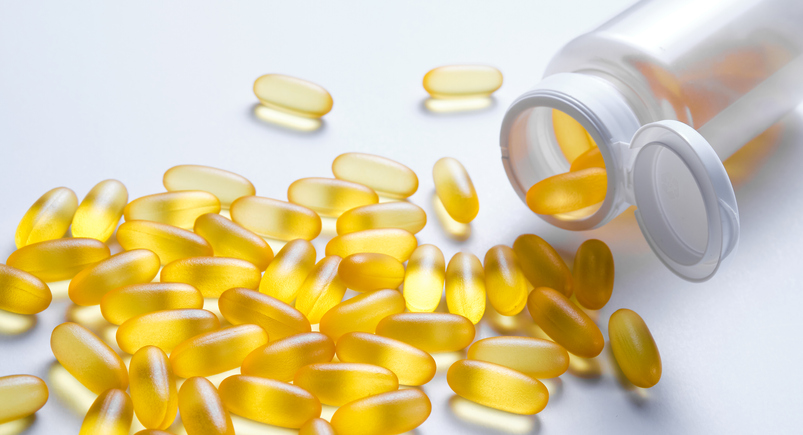
Source: Aleksandr Zubkov / Getty
Take fish oil supplements
Fish oil supplements, which are rich in omega-3 fatty acids, offer a number of benefits for several systems including your heart and brain. But did you know they can also relieve period cramps? One study evaluated the pain reduction in two groups of women: one group received fish oil supplements every day of their cycle, and the other group just took ibuprofen the moment pain began. The group that took the fish oil saw much greater pain reduction than that which took the ibuprofen.
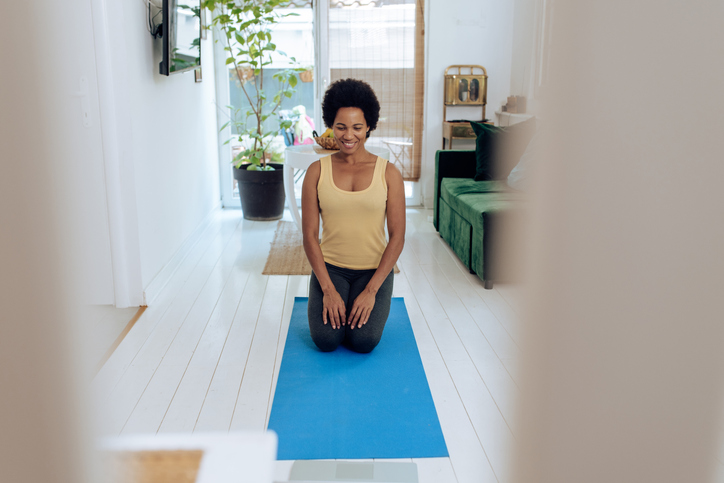
Source: RgStudio / Getty
Exercise regularly
You may have been told to go for a jog or take a workout class when you have period cramps. This advice is semi-valid. Research has found that women who exercise regularly experience less period-related pain. But if you never exercise, and then only do so once pain begins, you may not experience the same benefits. If you aren’t big on running or using the treadmill, the good news is that one study found regular yoga can offer the same benefit.
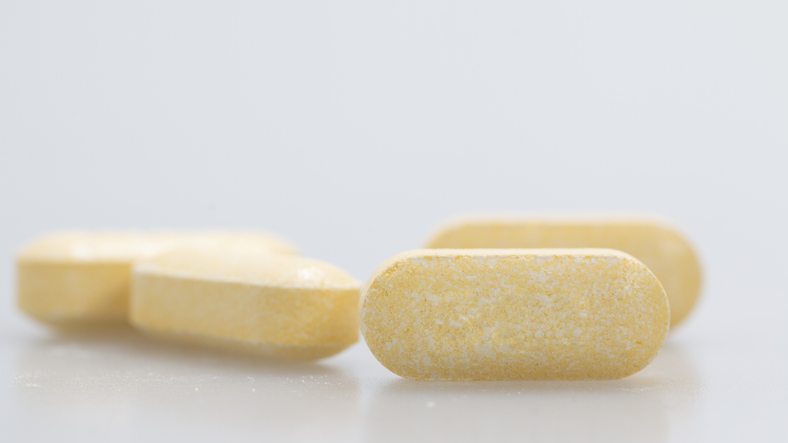
Source: Akaradech Pramoonsin / Getty
Take magnesium supplements
Magnesium is a wonderful supplement to have on hand when your period hits, but also to have in general. It can help alleviate constipation (which, when it occurs during your period, makes cramps worse), it can help you sleep, and studies have shown it can alleviate menstrual cramps. You may consider taking a magnesium-calcium hybrid supplement, as calcium might also alleviate cramps.
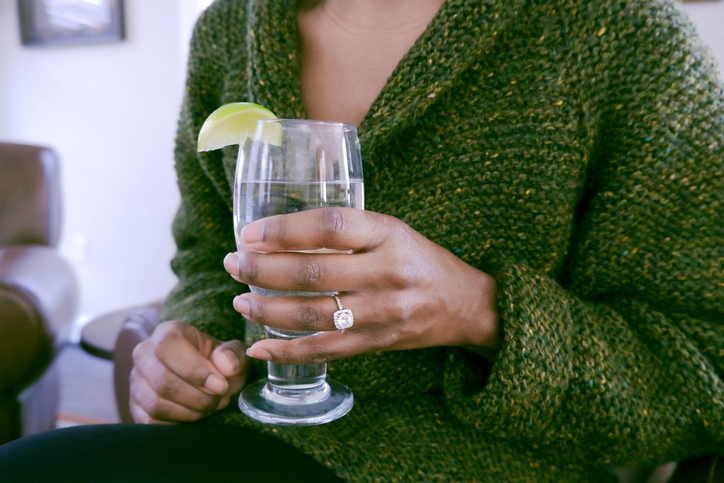
Source: Grace Cary / Getty
Drink plenty of water
Dehydration is not directly related to cramps, but rather indirectly. Being dehydrated increases the chances of bloating which, if you’re a woman who has ever experienced both at once, you know can make cramps feel much worse. So do be sure to drink a lot of water on your period. Or if you’re sick of water, try some other hydrating beverages or foods.

Source: LukaTDB / Getty
Try acupuncture
Some women might agree that having teeny tiny needles placed at the very surface of the skin is nothing compared to menstrual cramps, so perhaps acupuncture is worth trying if your cramps are bad. One study compared several groups of women who used either acupuncture, NSAIDs (non-steroidal anti-inflammatory drugs), or no treatment at all to address period pain. It found that acupuncture might be more effective than NSAIDs, particularly with short-term follow-up.
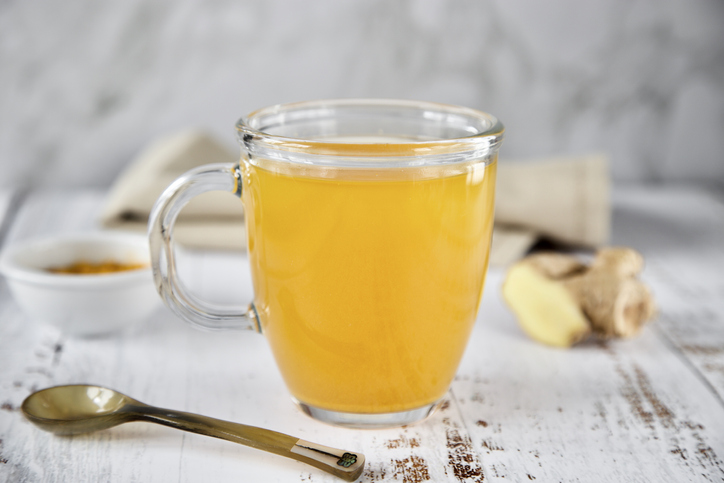
Source: Gillian Tso / Getty
Drink ginger tea
Having a cup of tea has long been associated with providing relief from physically and emotionally distressing situations. But the type of tea you drink matters. The simple act of consuming warm fluids can calm the system, but if it’s period cramps you’re looking to relieve, try ginger tea. Research has found it can be quite effective, when consumed regularly, at relieving cramps.
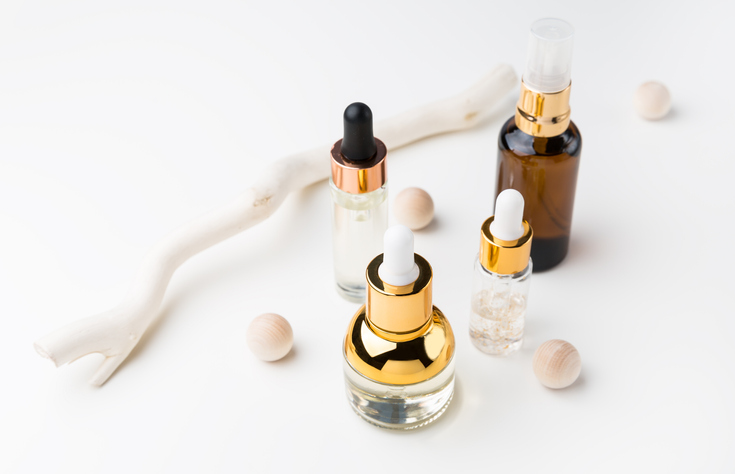
Source: Yulia Naumenko / Getty
Try an essential oil massage
If you have a generous partner, perhaps he or she can do this for you, but you can also easily do it for yourself. Rub essential oils like lavender or clary sage directly over the affected area. Make sure to get pure, undiluted essential oils. You can add just a drop or two to a favorite body lotion for the massage. Research has found that this can be effective at reducing period cramps because some essential oils have analgesic (pain-relieving) properties.





